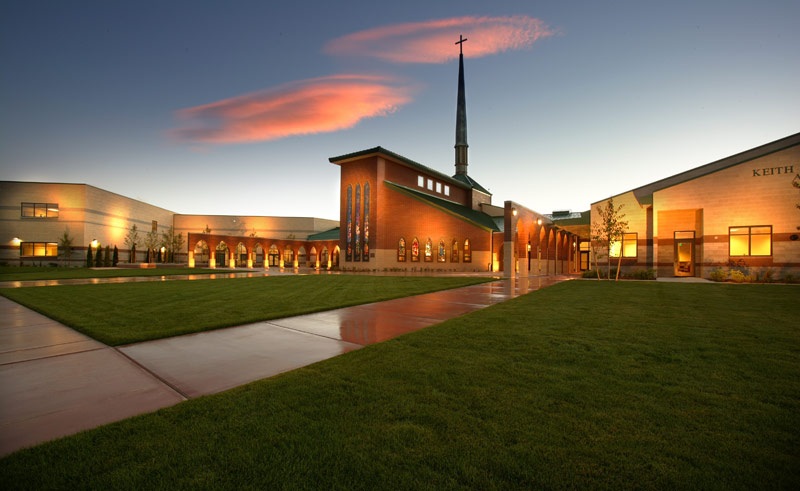Black Friday: the consumer “holiday” has been observed the day after Thanksgiving each year since the 1950s. Big brand department stores would mark their products down by huge margins, leaving shoppers with deals too good to resist. This remarkable business strategy lets consumers think they are spending less, so they buy more, allowing the department stores to break even or turn a profit despite price reductions sometimes reaching 80%! Most retail workers who work on Black Friday benefit from bonuses or higher tip rates.
Historically, Black Friday has drawn in enormous crowds to the point where one would literally risk life and limb if they dared venture into stores looking to save. Recently however, Black Friday sales have been less and less severe as more consumers turn to e-commerce and Cyber Monday.
This decision may have been beneficial during the COVID pandemic, where going to a crowded department store to fight over products would be the last thing people want to do. Continuing to rely so strongly on online shopping causes a myriad of problems for shoppers. For a start, not everyone has access to the internet or can afford shipping costs that tend to rack up during online shopping hauls. Many Americans rely on the massive discounts of Black Friday to purchase products that they wouldn’t be able to afford otherwise, such as home appliances, and limiting the deals prevents them from doing this.
Say what you will about American hyperconsumerism, Black Friday is beneficial to both businesses and shoppers in ways that online shopping is not.

















